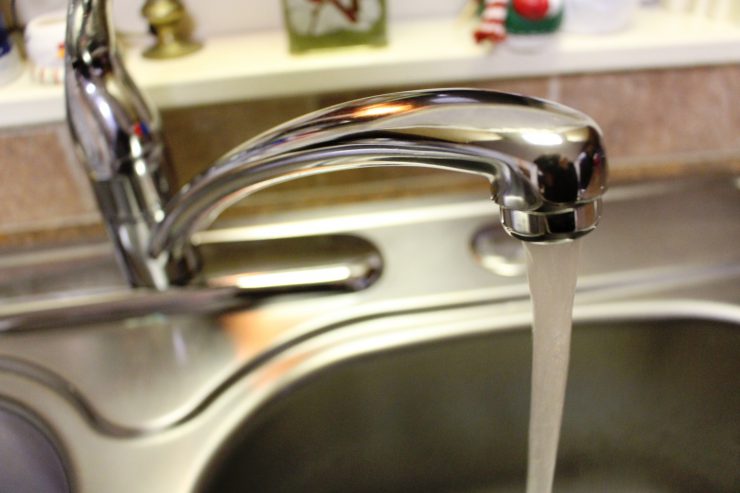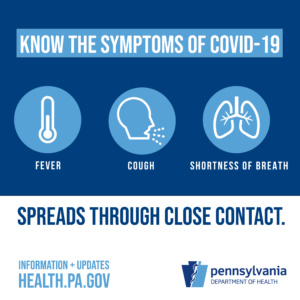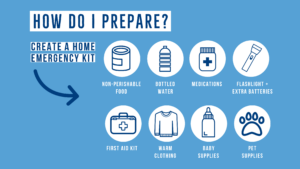Document Shows Borough Manager Signed Off on Faulty Lead Report to Residents
A document obtained by LititzDailyNews.com from the Pennsylvania Department of Environmental Protection under the Right-to-Know Law shows that the Lititz Borough manager signed off on an inaccurate 2012 Consumer Confidence Report that failed to report high lead levels found in Lititz Borough drinking water. LititzDailyNews.com first broke the story of the lead in Lititz drinking water in January. Lititz Borough water is also supplied to parts of Warwick Township.
In 2011 and 2012, the borough informed residents in Annual Drinking Water Quality Reports (CCRs) that levels detected in the required 2010 lead tests did not exceed the 15 parts per billion (ppb) federal limit, when two Lititz Borough houses tested at 428 ppb and 22 ppb. The 2012 CCR also omitted reporting the 428 ppb level as the highest detected in the borough, and instead notified consumers that the highest level was 9.8 ppb. Severn Trent Environmental Services, Inc., a private company, operates the Lititz Borough Water System. The state launched an investigation of Lititz Borough and Severn Trent in light of the erroneous reports.
Sue Barry, manager of the Lititz Borough, attested to the accuracy of the results on the 2012 Consumer Confidence Report (CCR) Certification Form provided by the borough to the PA DEP in 2013. In addition to certifying the manner in which the report was provided to customers, it certifies the accuracy of results provided to consumers.
In February, the borough denied a request made by LititzDailyNews.com under the Right-to-Know Law for a copy of the official document certifying the accuracy of the report to the state. The borough claimed the document could not be located.
“We have exhausted our search for this document and do not have a copy in our files of the certification form sent to DEP for the 2012 CCR,” Barry wrote in a February 24 letter to LititzDailyNews.com. In addition to serving as the borough manager, she is also the Right-to-Know Law officer for the borough.
The state DEP, however, responded to a LititzDailyNews.com request by providing the document that showed which borough official signed off on the inaccurate water report provided to consumers: manager Sue Barry.
Barry’s signature appears at the bottom of the page beneath this statement:
“Furthermore, I certify that the information contained in the CCR is correct and consistent with the compliance self-monitoring data previously submitted to the Pennsylvania Department of Environmental Protection (DEP).” Results of the lead test samples were reported separately to the state.
A request for comment emailed to Barry around noon today has not yet received a response.
In a February interview with LititzDailyNews.com, Barry said that the borough does not evaluate or verify the results in the report sent to consumers.
“We receive it,” Barry said, noting that the borough relies on Severn Trent to compile the Consumer Confidence Report per their contract with the company. She acknowledged during the interview that the borough did not compare the actual lead test results with those on the report prior to releasing it to the public.
Severn Trent Environmental Services, Inc., a private company that operates the Lititz Borough Water System, claimed in February that the error was the result of transposing numbers from an earlier CCR. Lititz Borough is only required to test lead levels every three years. Results from the 2010 lead tests should have appeared on 2010-2013 CCRs.
The borough is required by law to provide an accurate report to consumers and to certify to the state both that the report was sent, and that it was accurate.
Mike Wolgemuth, who reportedly became project manager for Severn Trent in Lititz during 2015, refused to answer questions from LititzDailyNews.com after the February borough council meeting. Wolgemuth acknowledged to a reporter from WITF that Severn Trent did have the data showing the elevated lead levels, but would not comment on why the elevated lead test results were not reported to consumers.
Lititz Borough is required to test for lead at residential taps again in 2016, between June 1 and September 30. Lead levels may vary within a community since lead usually leaches from pipes as the water passes through. Homes of any age that are serviced by lead pipes, lead service lines, or that were built between 1982-1985 that have copper pipes with lead solder are at highest risk for lead contamination in drinking water. Consumers wishing to have their water tested should do so at an independent lab, rather than through those selling water treatment systems, according to experts. Lead testing costs around $30 at Lancaster Labs, the only lab certified in Lancaster County by the EPA and DEP to test for lead in drinking water.
Instructions that were sent to Lititz residents who agree to provide home water samples for the state-mandated lead tap water testing, including those in Warwick Township, direct consumers to flush their taps and “gently” fill bottles for test samples could lead to test results that don’t tell the whole story, according to experts.
Consumers preparing a sample of their tap water should not pre-flush taps, should use a wide-mouth plastic container to collect the sample, and run the tap at full strength, according to Yanna Lambrinadou, a water quality expert and associate of Dr. Marc Edwards, the Virginia Tech researcher whose work has been instrumental in reporting accurate elevated lead levels in Flint, Michigan.
“Low flow of water is known to miss lead problems that may otherwise be present,” Lambrinadou said in an interview with LititzDailyNews.com. “So that, together with the pre-flush, makes for a pretty bad protocol.”
More information about the possible health effects of lead in drinking water may be found on the PA DEP site here.
Our next story in this series on Lead in Lititz Water will be on what consumers should test, and when. Register your email address to receive LititzDailyNews.com stories for free by clicking here. If you have concerns about your drinking water and want to have it tested, or if you have already had your water tested for lead by the borough or an independent lab, email [email protected].
Lynn Rebuck
[email protected]












